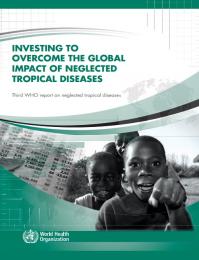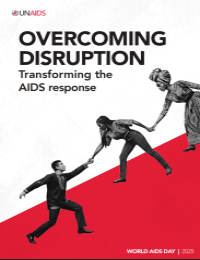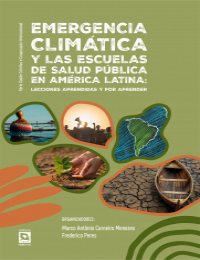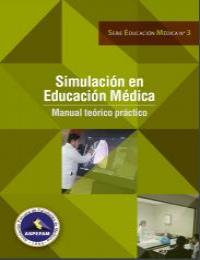Investing to overcome the global impact of neglected tropical diseases

Resenha / Resumo:
The presence, or absence, of neglected tropical diseases (NTDs) can be seen as a proxy for poverty and for the success of interventions aimed at reducing poverty. Today, coverage of the public-health interventions recommended by the World Health Organization (WHO) against NTDs may be interpreted as a proxy for universal health coverage and shared prosperity – in short, a proxy for coverage against neglect.
As the world’s focus shifts from development to sustainable development, from poverty eradication to shared prosperity, and from disease-specific goals to universal health coverage, control of NTDs will assume an important role towards the target of achieving universal health coverage, including individual financial risk protection. Success in overcoming NTDs is a “litmus test” for universal health coverage against NTDs in endemic countries.
The first WHO report on NTDs (2010) set the scene by presenting the evidence for how these interventions had produced results. The second report (2013) assessed the progress made in deploying them and detailed the obstacles to their implementation. This third report analyses for the first time the investments needed to achieve the scale up of implementation required to achieve the targets of the WHO Roadmap on NTDs and universal coverage against NTDs.
INVESTING TO OVERCOME THE GLOBAL IMPACT OF NEGLECTED TROPICAL DISEASES presents an investment strategy for NTDs and analyses the specific investment case for prevention, control, elimination and eradication of 12 of the 17 NTDs. Such an analysis is justified following the adoption by the Sixty-sixth World Health Assembly in 2013 of resolution WHA6612 on neglected tropical diseases, which called for sufficient and predictable funding to achieve the Roadmap’s targets and sustain control efforts.
The report cautions, however, that it is wise investment and not investment alone that will yield success.
The report registers progress and challenges and signals those that lie ahead. Climate change is expected to increase the spread of several vector-borne NTDs, notably dengue, transmission of which is directly influenced by temperature, rainfall, relative humidity and climate variability primarily through their effects on the vector. Investments in vector-borne diseases will avoid the potentially catastrophic expenditures associated with their control. The presence of NTDs will thereby signal an early warning system for climate-sensitive diseases.
The ultimate goal is to deliver enhanced and equitable interventions to the most marginalized populations in the context of a changing public-health and investment landscape to ensure that all peoples affected by NTDs have an opportunity to lead healthier and wealthier lives.










